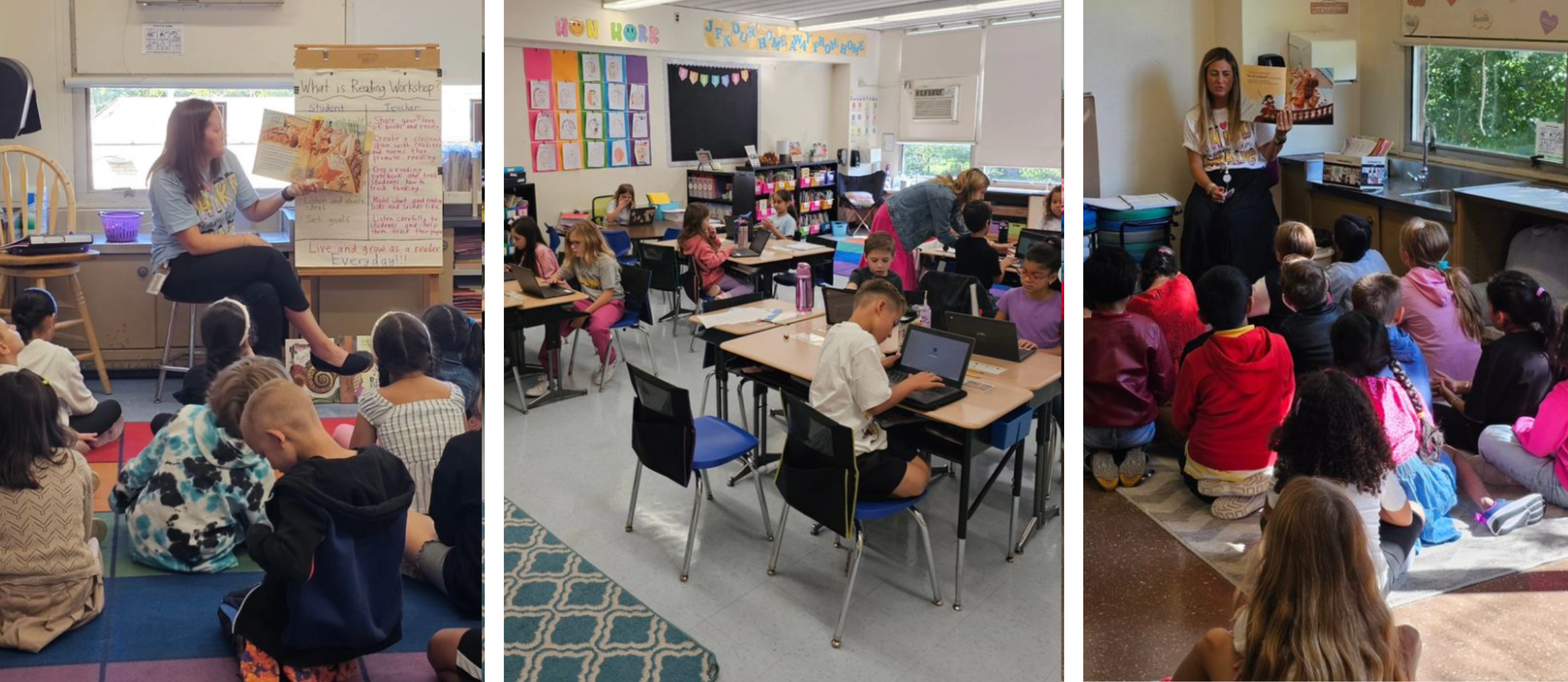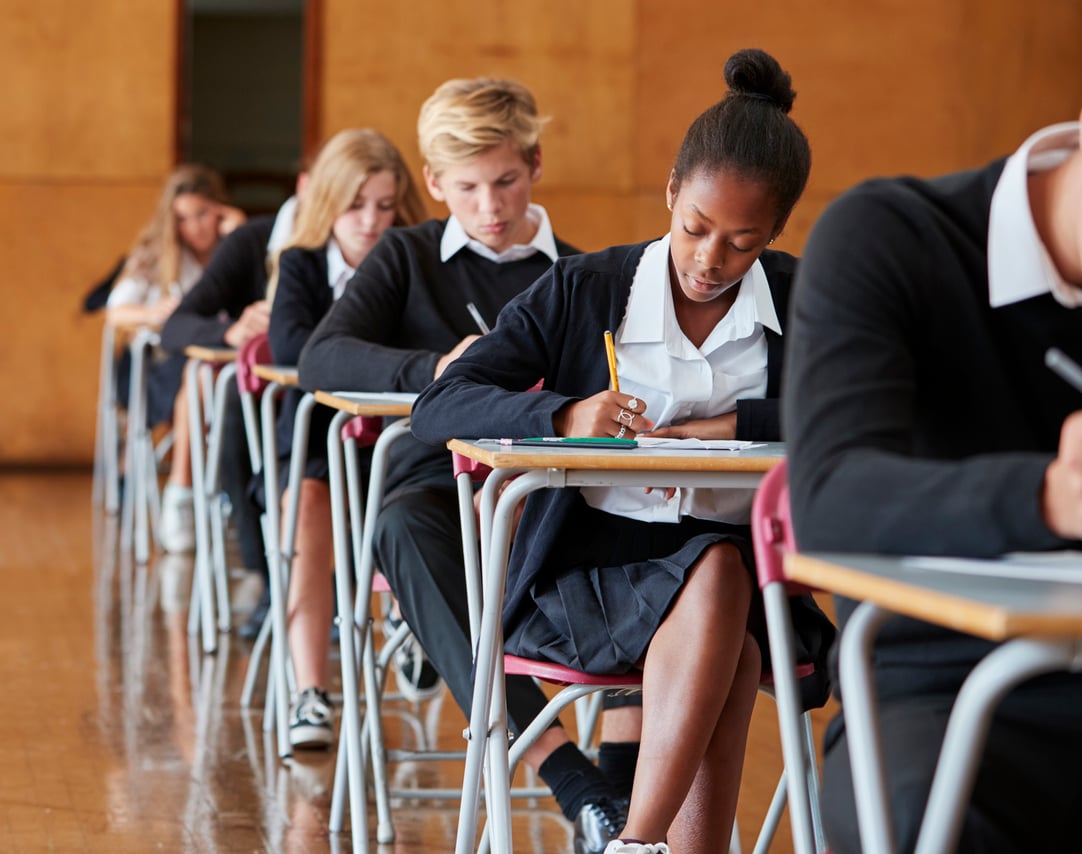Exactly How Schools Play an Essential Duty in Shaping Future Leaders and Pioneers
By incorporating project-based learning and interdisciplinary researches, educational organizations test trainees to analyze and manufacture intricate information. Educators offer as mentors, leading students and supporting their possibility, while extracurricular tasks better create leadership abilities and durability.
Cultivating Vital Thinking
In today's swiftly advancing globe, fostering critical thinking within universities has ended up being extremely important. As culture grapples with progressively complicated global difficulties, the ability to assess, evaluate, and manufacture details is essential. Colleges play an essential duty in establishing these skills, preparing students to browse and deal with diverse issues with informed, reasoned decisions.
To grow crucial reasoning, instructors employ different pedagogical techniques that urge active learning and intellectual engagement. Classroom discussions, problem-based discovering, and Socratic examining are critical in advertising reflective and analytical mind. By testing trainees to interrogate presumptions and think about multiple perspectives, these techniques make sure a much deeper understanding of subject past memorizing memorization.
Furthermore, integrating critical believing across the curriculum reinforces its significance and applicability in diverse contexts. Subjects such as mathematics, science, history, and literature each offer unique chances to develop trainees' critical professors. For circumstances, examining historic events needs reviewing sources and comprehending context, while scientific questions needs strenuous hypothesis screening and evidence-based thinking.
Inevitably, instilling vital thinking abilities in students outfits them with the cognitive devices needed for lifelong understanding and versatility. It is with this fundamental competence that future leaders will have the ability to innovate, address problems, and add meaningfully to society.
Motivating Creative Thinking
Embracing imagination within academic frameworks galvanizes trainees to assume beyond conventional borders and check out ingenious services. By integrating creative undertakings and creativity exercises into the curriculum, colleges grow a setting where originality and imaginative idea are valued. This technique not just enriches the instructional experience but also equips students with the capability to tackle real-world challenges in novel methods.
School can cultivate imagination through varied ways such as project-based understanding, interdisciplinary researches, and the consolidation of arts and innovation. Project-based discovering, as an example, motivates students to use their expertise in practical, usually collaborative, tasks that require innovative problem-solving abilities. Interdisciplinary researches permit pupils to draw connections in between various topics, thus widening their viewpoints and improving their creative abilities.
In addition, giving pupils with possibilities to involve with arising modern technologies, such as coding and electronic layout, better nurtures their imaginative possibility. These tasks prompt trainees to experiment, stop working, and repeat, which are essential components of the innovative procedure (Save Temecula Schools). By preserving a supportive atmosphere where testing is motivated, institutions can make certain that trainees establish the confidence to seek cutting-edge ideas
In essence, nurturing creativity in academic setups is crucial for shaping future leaders and pioneers qualified of resolving complicated global issues with resourcefulness.
Encouraging Cooperation

Applying group-based learning modules and cooperative projects enables trainees to experience the dynamics of team effort firsthand. This not only prepares them for the collaborative nature of modern work environments yet additionally supports management high qualities as they commonly need to handle duties such as job managers or group organizers. In addition, collaboration in the class can damage down social obstacles and promote inclusivity, making certain that each pupil feels valued and heard.
Additionally, incorporating innovation can even more support joint this content efforts. Devices like common digital work spaces and interactive systems enable students to work together efficiently, even outside the class. As trainees develop these collective abilities, they are better geared up to deal with intricate difficulties and innovate, laying the groundwork for their future roles as leaders and innovators.
Duty of Teachers as Mentors

Mentorship involves tailored focus, where teachers determine and support private toughness and address weaknesses. Save Temecula Schools. Via individually communications, educators can tailor their guidance and assistance to fulfill each trainee's one-of-a-kind needs, fostering a feeling of confidence and resilience. This personalized strategy cultivates a growth mindset, urging students to see failures as possibilities for learning and growth
Furthermore, educators offer as role versions, showing the values of integrity, compassion, and willpower. Their activities and perspectives offer a blueprint for trainees to mimic, instilling a feeling of moral duty and social understanding. By producing a supportive and inclusive classroom environment, instructors allow students to develop interpersonal skills that are vital for reliable management.
Essentially, the mentorship given by educators lays a foundational structure for the advancement of future leaders, outfitting them with the understanding, skills, and worths required to excel in an ever-evolving world.
Impact of After-school Activities
When incorporated efficiently right into the academic framework, extracurricular activities dramatically boost student advancement and management possibility. These activities provide students with chances to discover rate of interests past the conventional educational program, fostering browse around here a well-rounded skill collection.
Moreover, extracurricular participation urges imagination and technology. Pupils engaged in dramatization, songs, or debate clubs learn to believe critically and technique troubles from diverse viewpoints. These experiences infuse confidence, enabling students to voice their ideas and take initiative in numerous setups. By collaborating with peers from various histories, pupils also create compassion and interaction abilities, vital qualities for future leaders.
Study indicates that pupils included in such programs have a tendency to have greater qualities and far better attendance documents. Therefore, schools that focus on a well balanced technique to education and learning, incorporating robust extracurricular programs, are much more most likely to generate leaders and trendsetters equipped to satisfy the difficulties of the future.

Conclusion
In verdict, institutions dramatically form future leaders and innovators by nurturing important thinking, creative thinking, and collaboration amongst trainees. By cultivating a helpful atmosphere that values individual toughness and team effort, colleges furnish students with the required abilities to browse future obstacles and drive advancement.
As pupils develop these collective abilities, they are better furnished to deal with complicated difficulties and innovate, laying the foundation for their future duties as trendsetters and leaders.
By fostering vital reasoning and problem-solving skills, instructors aid pupils browse complex difficulties, preparing them for management roles in various areas.
By teaming up with peers from various backgrounds, students likewise develop empathy and communication abilities, necessary characteristics for future leaders.
In verdict, institutions substantially shape future leaders and trendsetters by supporting critical reasoning, creativity, and collaboration among trainees. By promoting a supportive atmosphere that values specific staminas and teamwork, schools equip pupils with the necessary abilities to browse future obstacles and drive advancement.